Lawyers
Countries Covered
Practice Areas
Global Law Experts top search results to tackle law in Japan: Tailored solutions for every legal challenge. Let experienced lawyers guide you through legal disputes and challenges with law insights and expertise knowledge. Our members hold proven strategies and solutions for every complex legal need.

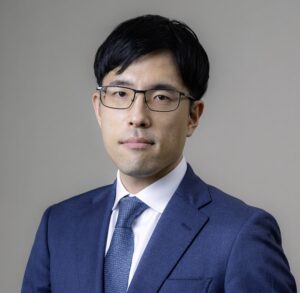

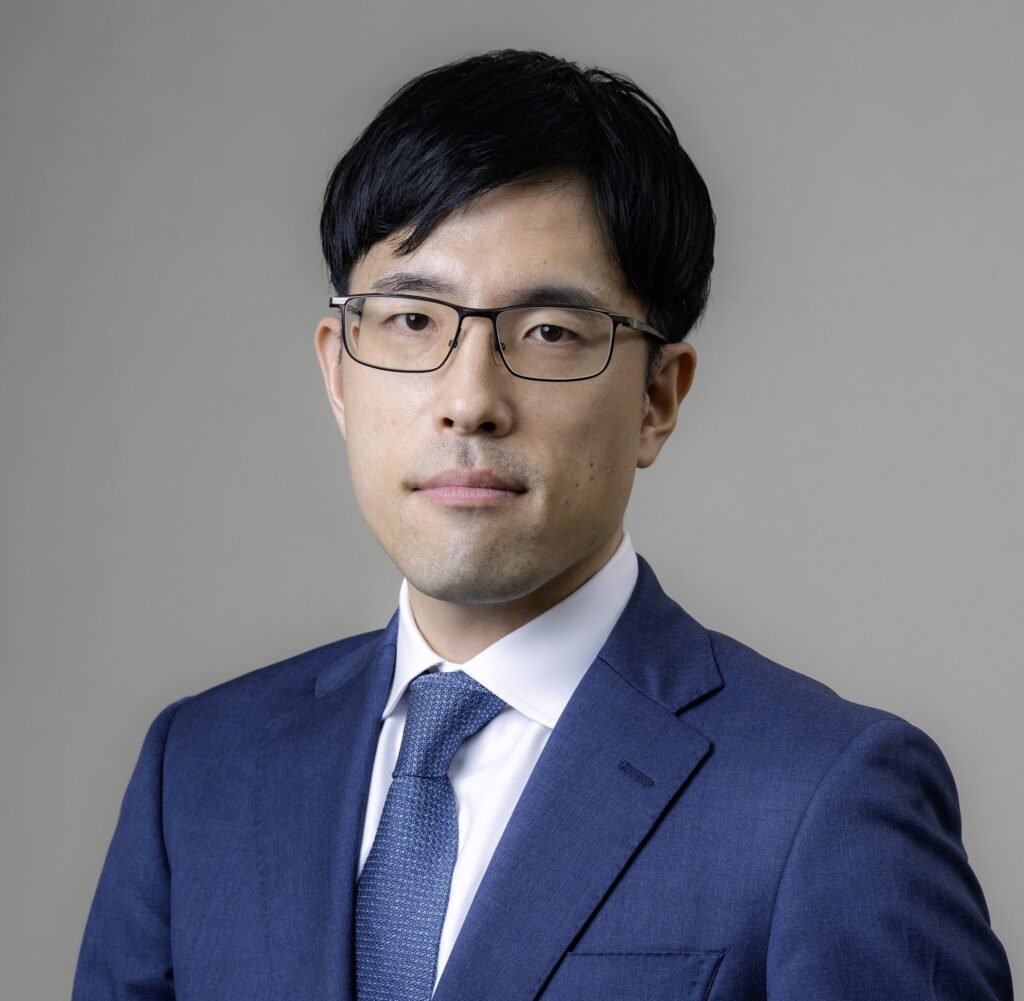



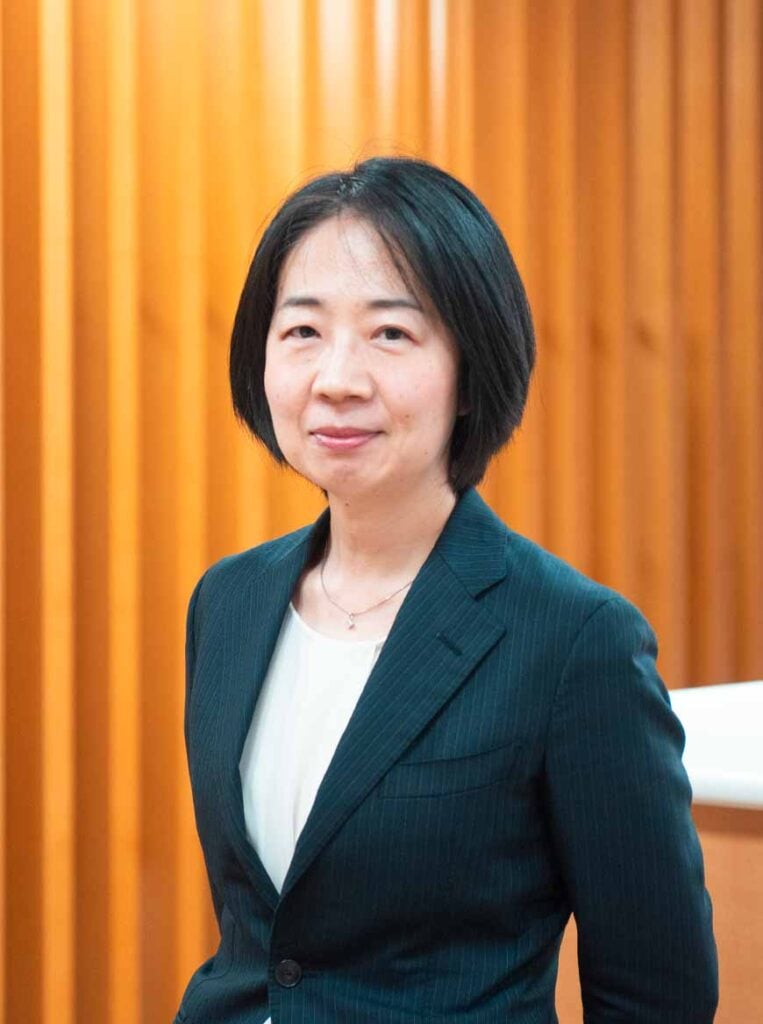

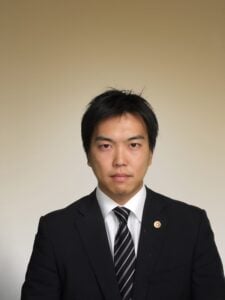
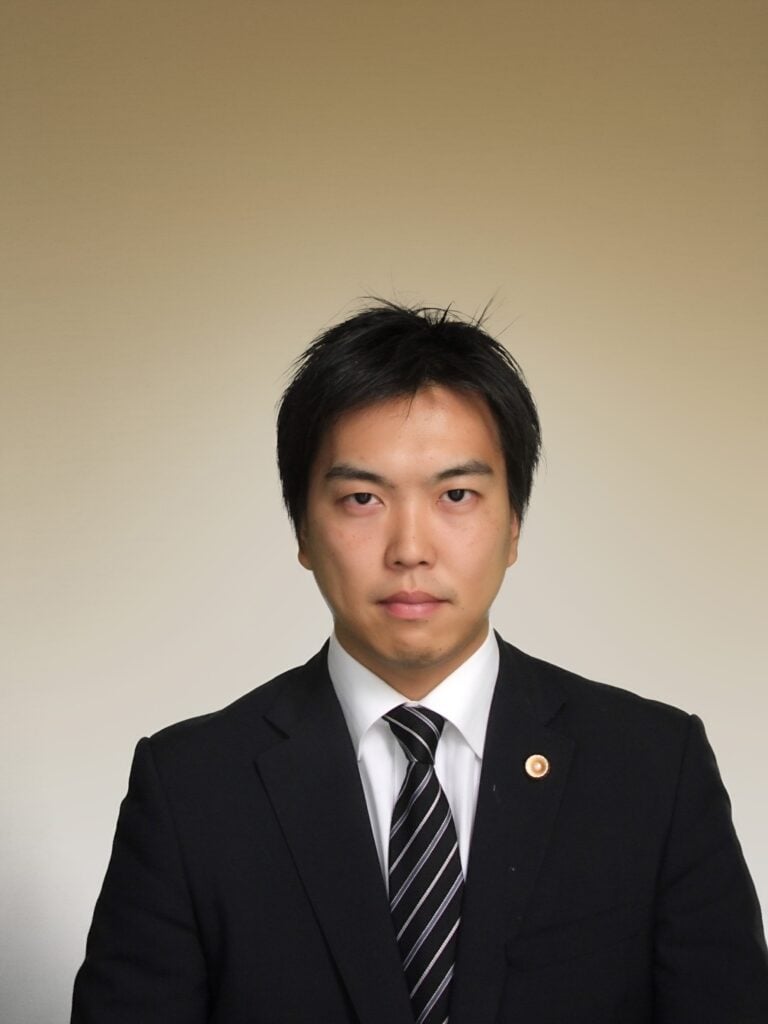

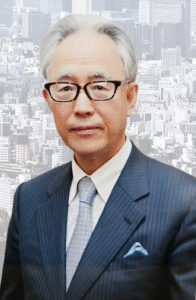

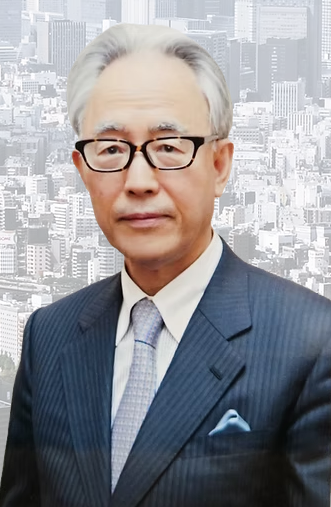

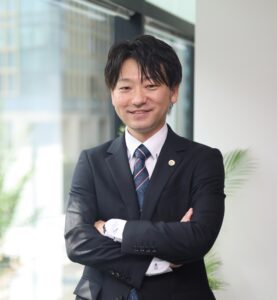



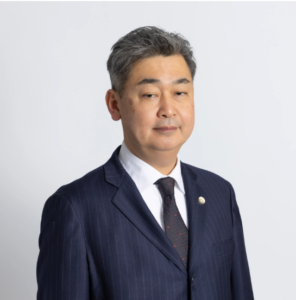

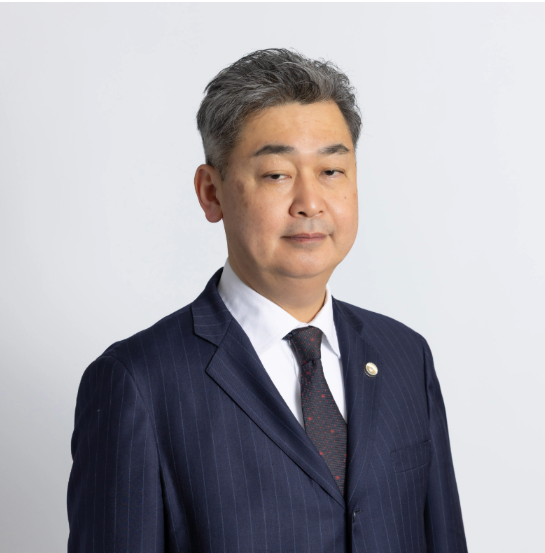









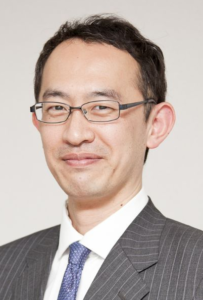





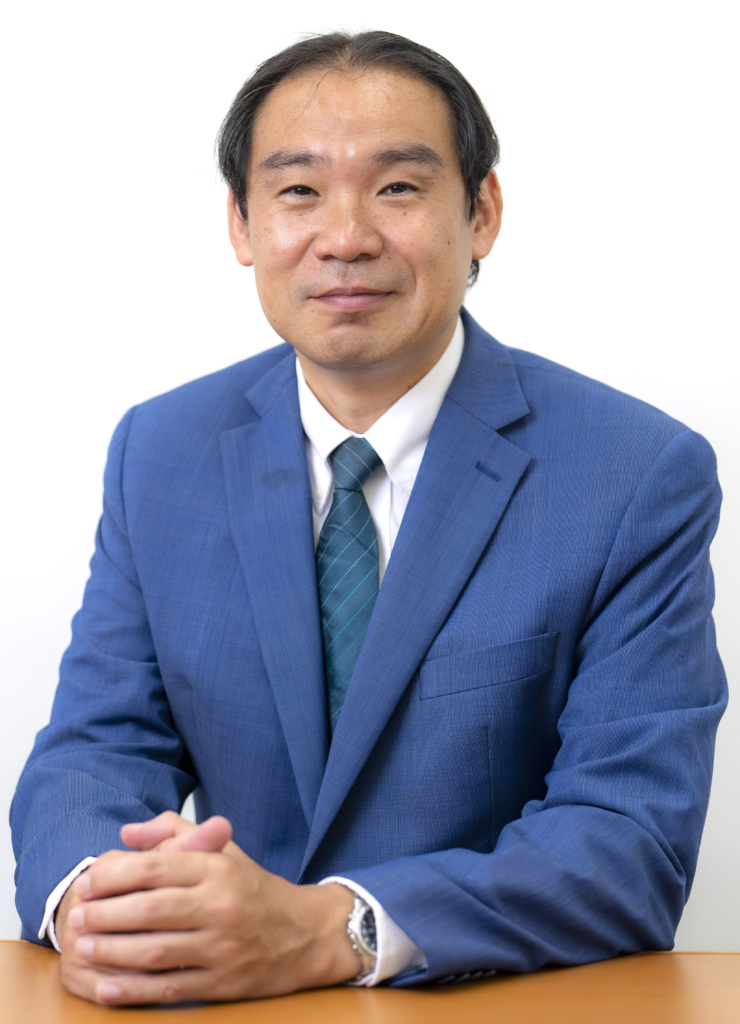

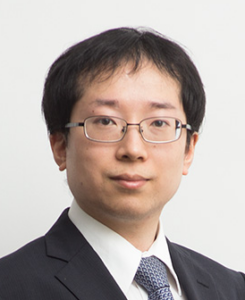






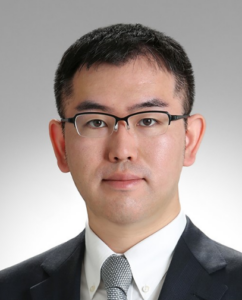

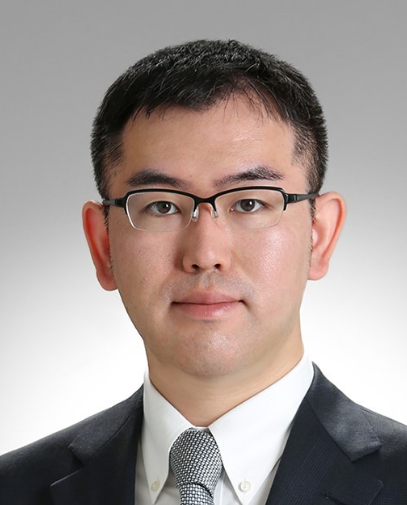

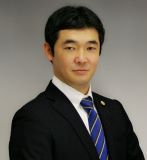








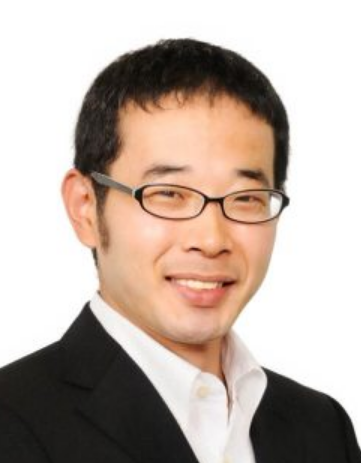

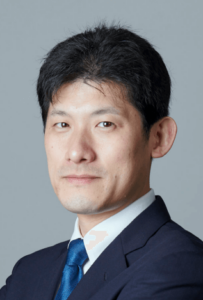

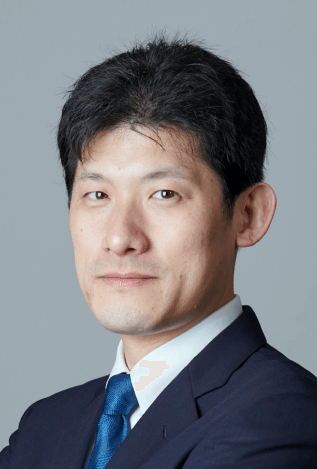

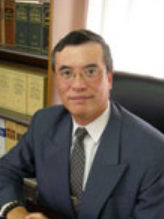







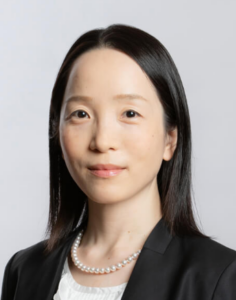

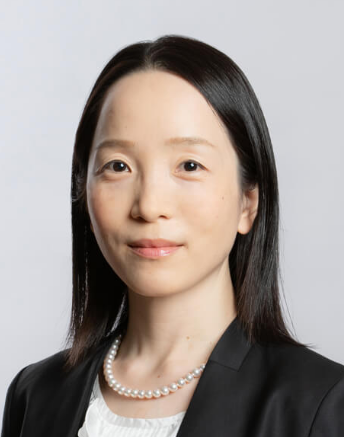

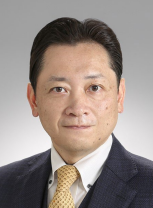





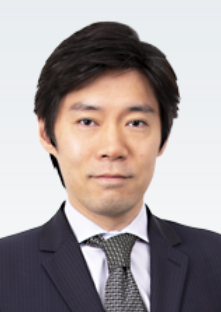

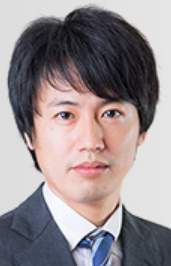



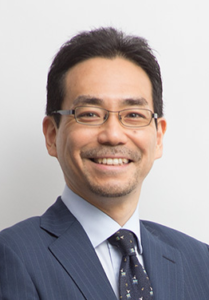

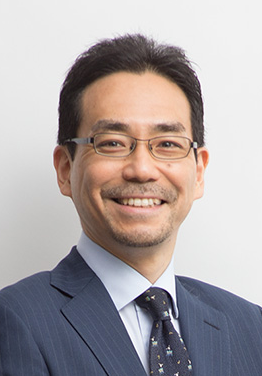

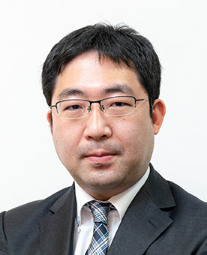
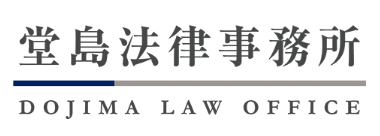


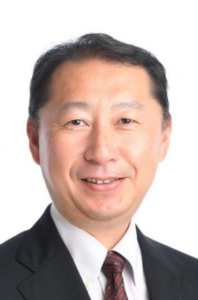
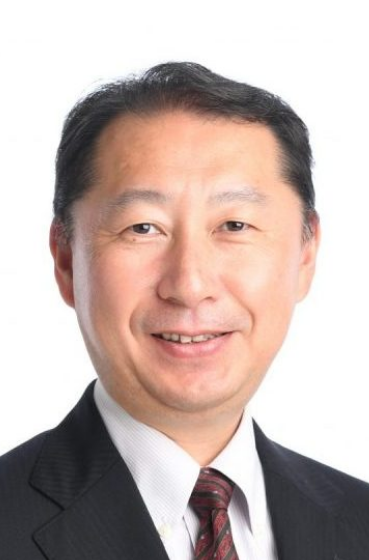

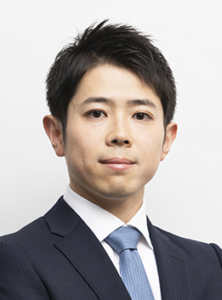

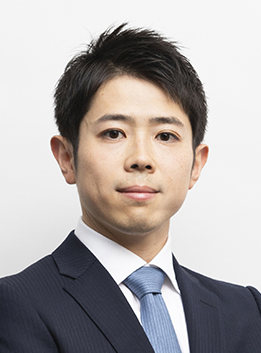

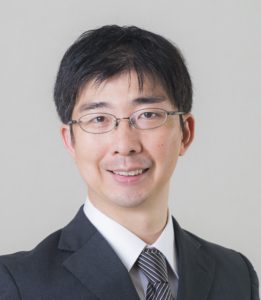



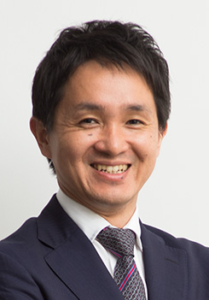

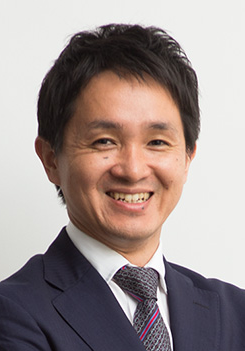

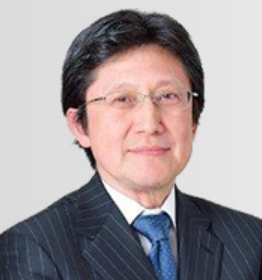



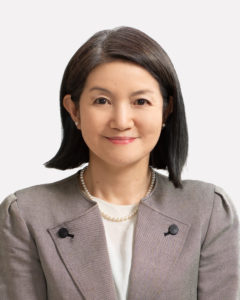

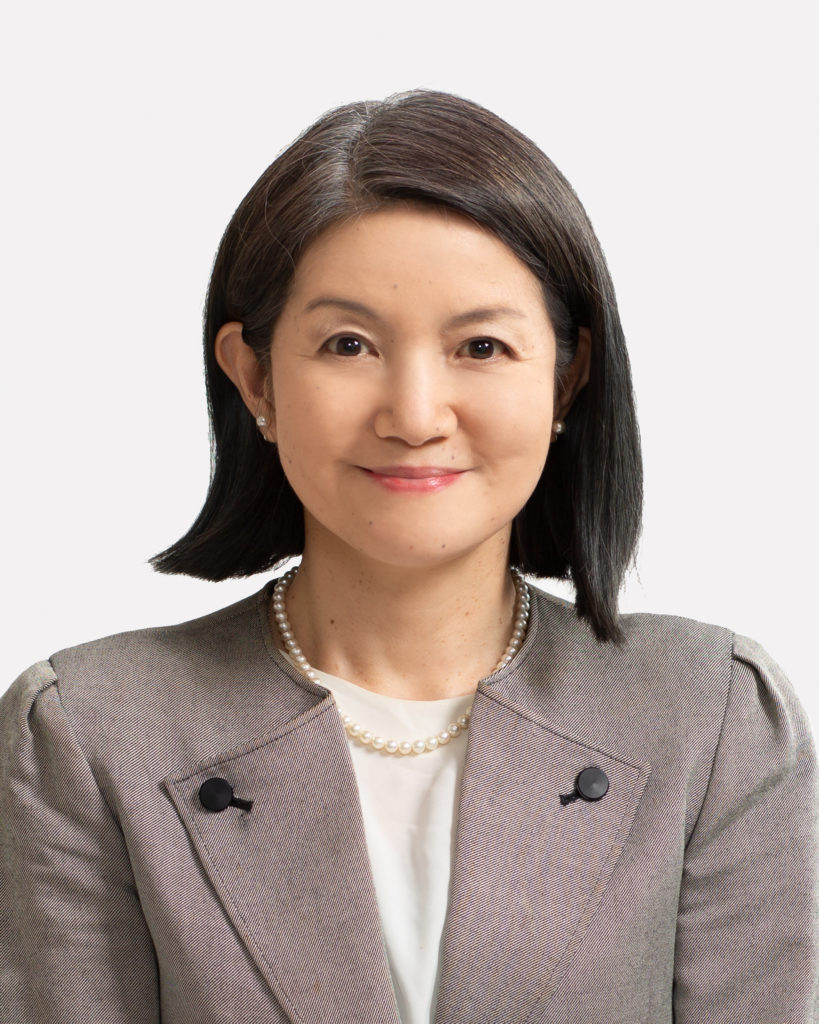





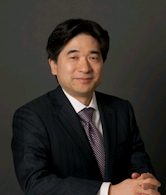





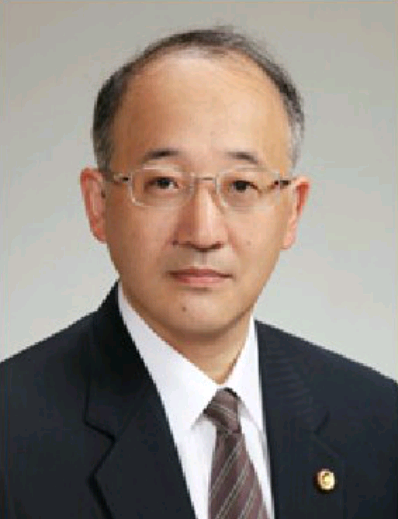
No results available Reset filters?
Stay informed with comprehensive global Japan law news, authored by a team of professional lawyers and curated by the esteemed Global Law Experts team. Explore updates from diverse practice areas and legal domains, offering valuable insights into the latest developments worldwide.
posted 2 months ago
posted 4 months ago
posted 4 months ago
posted 7 months ago
posted 8 months ago
posted 6 months ago
No results available Reset filters?
 Best Lawyers in Japan
Best Lawyers in JapanGlobal Law Experts features the best lawyers in Japan, renowned for expertise in corporate law, mergers & acquisitions, intellectual property, dispute resolution, banking, and regulatory compliance. With Japan’s dynamic business and legal environment, top lawyers provide trusted counsel for both domestic and international clients. Global Law Experts connects you to Japan’s leading legal professionals, delivering strategic advice and effective solutions.
Every GLE member is independently vetted by practice area and jurisdiction.
Buying real estate in Japan involves: choosing a property, signing a purchase agreement, paying a deposit (usually 10%), and conducting due diligence. Foreigners face no ownership restrictions. A judicial scrivener registers the property with the Legal Affairs Bureau. Buyers must also pay registration tax, stamp duty, agent commission, and property acquisition tax.
Divorce in Japan can occur in four ways: mutual consent (most common, by signing and filing at city hall), family court mediation, family court judgment, or district court litigation. Grounds include infidelity, abandonment, violence, or irreconcilable breakdown. Custody of children is granted to one parent, and financial support, property division, and pensions are settled by law.
In Japan, child custody (shinken) is granted to only one parent after divorce, unlike joint custody in many countries. The court decides based on the child’s best interests, considering stability, caregiving history, and financial ability. The custodial parent has sole authority over education, residence, and healthcare, while the other parent may be granted visitation rights.
To get a work visa in Japan, you need a job offer from a sponsoring employer. The employer applies for a Certificate of Eligibility (COE) from immigration. Once issued, you apply for the visa at a Japanese embassy/consulate with the COE, passport, and forms. After arrival, you receive a residence card. Visa type depends on job category, like Engineer, Instructor, or Skilled Labor.
Japanese employment contracts often emphasize long-term job security, loyalty, and company culture, with lifetime employment and seniority-based pay still influential. Western contracts are typically more flexible, performance-based, and clearly define termination terms. In Japan, contracts may be less detailed, relying on unwritten expectations, while Western ones stress individual rights and obligations.
Civil lawsuits in Japan start with filing a complaint at the district court. The defendant submits an answer, followed by written exchanges and hearings. Judges actively guide proceedings, encouraging settlement. If unresolved, the court issues a judgment. Appeals are allowed. Cases rely more on documents than oral testimony, and litigation is generally slower and less adversarial than in Western systems.
Japan’s Act on the Protection of Personal Information (APPI) regulates data privacy. It requires businesses to obtain consent for collecting, using, or transferring personal data, ensure security, and disclose purposes of use. Individuals have rights to access, correct, or delete their data. Cross-border transfers need adequate safeguards. Non-compliance may result in fines or orders.
A foreigner can obtain a patent or trademark in Japan by filing through the Japan Patent Office (JPO). Non-residents must use a registered Japanese patent/trademark attorney (benrishi). Patents require novelty and inventive step; trademarks must be distinctive. Applications are examined, published, and, if approved, registered. Rights last 20 years for patents and 10 years (renewable) for trademarks.
A GK (Godo Kaisha) is a limited liability company, flexible, cheaper to set up, and often used by small businesses or foreign subsidiaries. A KK (Kabushiki Kaisha) is a joint-stock company, more formal, requiring stricter governance and disclosure, but it has higher credibility and is preferred for larger businesses, investors, and public listings in Japan.
In Japan, after divorce, only one parent is granted custody (shinken). The court decides based on the child’s best interests, considering stability, caregiving history, and welfare. The custodial parent has sole authority over residence, education, and healthcare, while the non-custodial parent may receive visitation rights. Joint custody after divorce is not permitted.
If arrested in Japan, a foreigner should remain silent, request a lawyer immediately, and contact their embassy or consulate. Police can detain suspects for up to 23 days. Lawyers can assist with interrogations, bail applications, and court proceedings. Cooperation is important, but giving statements without legal advice can be risky under Japan’s strict criminal procedures.
Global Law Experts is dedicated to providing exceptional legal services to clients around the world. With a vast network of highly skilled and experienced lawyers, we are committed to delivering innovative and tailored solutions to meet the diverse needs of our clients in various jurisdictions.

Thinking of buying property in Brazil? Start with a full legal safety net.
✔️ Check title and ownership history
✔️ Verify no debts or disputes
✔️ Confirm zoning and permits.
#BrazilProperty #RealEstateInvesting #LegalDueDiligence #ForeignInvestment #PropertyLaw #GlobalRealEstate #InvestmentRisk #BrazilLaw

When your international business faces financial distress, quick action is key! 🔑 Negotiating with creditors, restructuring debt, and understanding insolvency laws can help regain stability. Global Law Experts is here to guide you through your options.
🌍Explore the details on our website.
🔗Link in bio
#GlobalLawExperts #CommercialLaw #BusinessLaw #LegalAdvice #BusinessGrowth #LegalTips #BusinessStrategy #LegalCompliance #Law #LegalKnowledge #LegalAwareness #Law101 #LegalEducation #IntellectualProperty

Thinking of buying property in Brazil? Don’t stop at the contract or key handover. Make sure the title is officially registered before calling it yours.
#BrazilRealEstate #PropertyLaw #GlobalInvestment #ForeignInvestors #LegalTips #DueDiligence #RealEstateRegistration #SecureInvestment

Getting a termination notice right now? Know your rights. Valid reason, fair process, proper notice they matter. Don’t let a bad dismissal walk away without accountability.
#EmploymentLaw #WorkerRights #Termination #LaborLaw #FairDismissal #WorkplaceJustice #LegalAwareness #GlobalWorkforce

Running a business is hard enough — lawsuits shouldn’t make it harder. 🚫 Protect your business with the right legal strategies and expert tools from Global Law Experts. Let’s secure your future together! 💼
🌍Explore the details on our website.
➡️www.globallawexperts.com
#GlobalLawExperts #CommercialLaw #BusinessLaw #LegalAdvice #BusinessGrowth #LegalTips #BusinessStrategy #LegalCompliance #Law #LegalKnowledge #LegalAwareness #Law101 #LegalEducation #IntellectualProperty #Infringed #Ecommerce #LegalBranding
Global Law Experts is dedicated to providing exceptional legal services to clients around the world. With a vast network of highly skilled and experienced lawyers, we are committed to delivering innovative and tailored solutions to meet the diverse needs of our clients in various jurisdictions.

Thinking of buying property in Brazil? Start with a full legal safety net.
✔️ Check title and ownership history
✔️ Verify no debts or disputes
✔️ Confirm zoning and permits.
#BrazilProperty #RealEstateInvesting #LegalDueDiligence #ForeignInvestment #PropertyLaw #GlobalRealEstate #InvestmentRisk #BrazilLaw

When your international business faces financial distress, quick action is key! 🔑 Negotiating with creditors, restructuring debt, and understanding insolvency laws can help regain stability. Global Law Experts is here to guide you through your options.
🌍Explore the details on our website.
🔗Link in bio
#GlobalLawExperts #CommercialLaw #BusinessLaw #LegalAdvice #BusinessGrowth #LegalTips #BusinessStrategy #LegalCompliance #Law #LegalKnowledge #LegalAwareness #Law101 #LegalEducation #IntellectualProperty

Thinking of buying property in Brazil? Don’t stop at the contract or key handover. Make sure the title is officially registered before calling it yours.
#BrazilRealEstate #PropertyLaw #GlobalInvestment #ForeignInvestors #LegalTips #DueDiligence #RealEstateRegistration #SecureInvestment

Getting a termination notice right now? Know your rights. Valid reason, fair process, proper notice they matter. Don’t let a bad dismissal walk away without accountability.
#EmploymentLaw #WorkerRights #Termination #LaborLaw #FairDismissal #WorkplaceJustice #LegalAwareness #GlobalWorkforce

Running a business is hard enough — lawsuits shouldn’t make it harder. 🚫 Protect your business with the right legal strategies and expert tools from Global Law Experts. Let’s secure your future together! 💼
🌍Explore the details on our website.
➡️www.globallawexperts.com
#GlobalLawExperts #CommercialLaw #BusinessLaw #LegalAdvice #BusinessGrowth #LegalTips #BusinessStrategy #LegalCompliance #Law #LegalKnowledge #LegalAwareness #Law101 #LegalEducation #IntellectualProperty #Infringed #Ecommerce #LegalBranding

Send welcome message